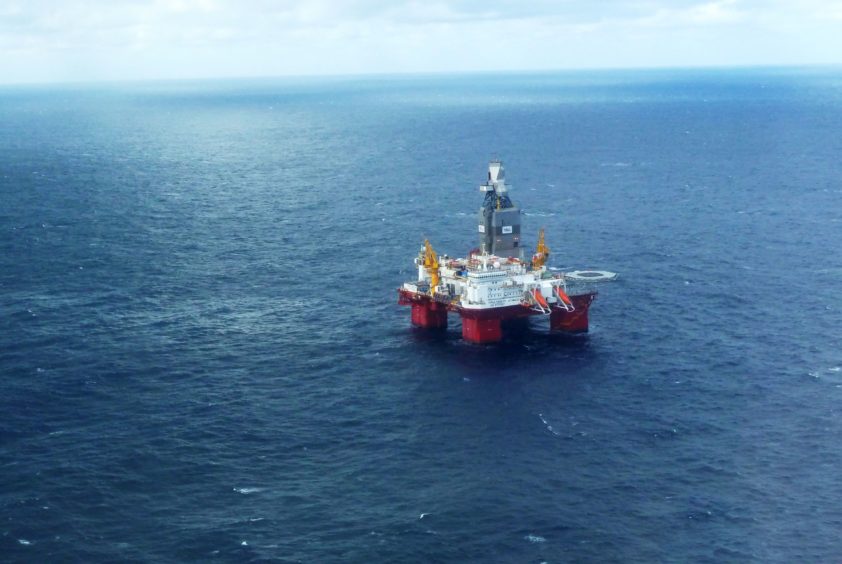
Norway’s top court dismissed an attempt by climate activists to halt Arctic oil exploration by Western Europe’s biggest petroleum-producing nation.
The Nordic government beat back a lawsuit by environmental groups in the country’s Supreme Court, which ruled on Tuesday the authorities had acted lawfully by awarding exploration licenses in the Barents Sea to companies including Equinor ASA, Aker BP ASA and Lundin Petroleum AB.
Greenpeace and Nature and Youth, a local environmental organization, argued in the lawsuit that the 2016 license award in the Arctic Barents Sea breaches Norway’s constitution and its commitments under the Paris Agreement.
The court rejected the climate groups’ appeal by eleven to four votes. The minority concluded that procedural errors had been made in opening the Barents Sea to the southeast in 2013 by failing to consider possible future global emissions of greenhouse gases, according to a statement from the court.
An appeal to the European Court of Human Rights is being considered, Frode Pleym, head of Greenpeace Norway, told reporters after the verdict.
“The verdict is important because it protects a long-standing Norwegian tradition where difficult political issues are assessed, debated and finally weighed by elected representatives in the parliament,” Petroleum and Energy Minister Tina Bru said in a statement.
The case highlights a growing global trend of governments and companies being challenged in courts over policies to tackle climate change. In a landmark case, the highest court in the Netherlands recently ordered the government to cut greenhouse gas emissions.
The Norwegian ruling closely follows a similar ruling in the U.K., where an activist’s effort to block oil drilling near London’s Gatwick Airport on the grounds that it would worsen climate change was rejected by a High Court judge.
Norway’s case centres on 10 licenses awarded in the Arctic Barents Sea, including three in a new area bordering Russian waters. Drilling there has so far been a disappointment for state-controlled Equinor and its partners, with no commercial discoveries.
Recommended for you
